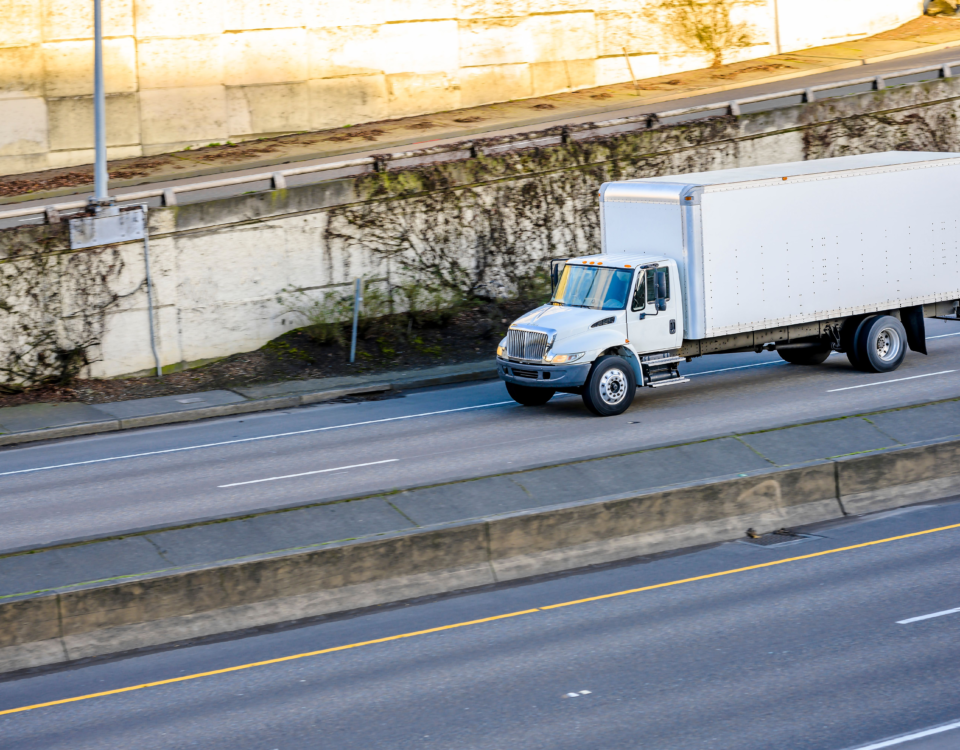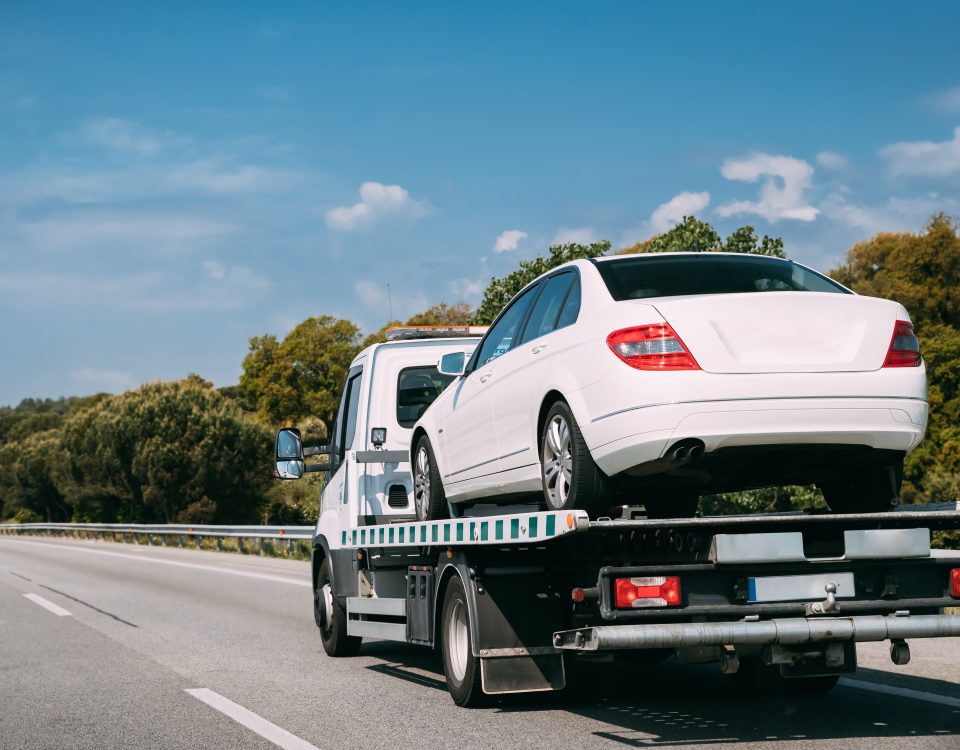
INDEPENDENT AGENCY
Car
Insurance in Texas
Compare Coverage
What is car insurance?
Owning a vehicle comes with substantial risks, including potential accidents and vehicle damage. Car insurance won’t prevent passengers from sustaining injuries or a vehicle from being stolen. If something like this happens, though, insurance may help Texas drivers cover the associated costs.
Car insurance policies can provide protection against vehicle damage, and against lawsuits that injured parties might file. Coverage may extend to accidents and many other incidents.
Who in Texas needs to carry auto insurance?
Texas state law requires anyone who operates a motor vehicle on public roadways to carry auto insurance. Purchase more coverage than the state minimum mandate is recommended.
The mandated minimum coverages are generally as follows:
- Injury Liability Coverage ($30,000/person, $60,000/accident)
- Property Damage Liability Coverage ($25,000/accident)
These numbers are sometimes abbreviated as 30/60/20 coverage because of the required amounts. Again, purchasing more than these minimums is highly recommended. Injuries and property damage caused by an accident can easily exceed these amounts, and the coverages don’t include any coverage for damage to the owned vehicle.

Do drivers who don’t own a vehicle need auto insurance?
Since anyone who operates vehicles on public roads is normally required by state law to have these minimum mandated coverages in place, drivers usually need auto insurance even if they don’t actually own a vehicle.
Driving a borrowed or rented vehicle generally necessitates coverage. Even just driving Grandma to the grocery store likely requires insurance.
Drivers whose immediate family members own a vehicle can often be added onto their family member’s policy. Spouses that have a single vehicle frequently do this, and it’s also fairly standard for grown children under the age of 25 who live at home.
Drivers who can’t add themselves onto a family member’s policy likely have to purchase their own policy. An insurance agent who specializes in auto insurance can help find an affordable yet robust policy for this situation.
What coverages are available to drivers through auto policies?
Auto policies come with the aforementioned required coverages, as well as many other recommended but optional protections. Some of the coverages that policies frequently make available are:
- Bodily Injury Coverage: May extend coverage to injuries sustained by individuals who aren’t in the insured vehicle
- Personal Injury Protection: May extend coverage to injuries sustained by individuals who are in the insured vehicle
- Medical Payments Coverage: May extend additional coverage to medical costs associated with injuries of people in the vehicle
- Property Damage Liability Coverage: May extend coverage to damage of other vehicles or property
- Collision Coverage: May extend coverage to damage of the insured vehicle that’s sustained during an accident
- Comprehensive Coverage: May extend coverage to damage of the vehicle that’s sustained during a non-accident incident
- Gap Coverage: May extend coverage to the difference between a vehicle’s depreciated value and the balance on a loan/lease
- Underinsured/Uninsured Motorist Coverage: may extend coverage to accident injuries and vehicle damage that an uninsured driver is responsible for
Personal injury protection may be referred to as PIP, and uninsured motorist coverage may be shortened to UM. Collision coverage generally applies to accidents involving multiple vehicles, while comprehensive coverage normally applies to other incidents resulting in vehicle damage. These are often referenced and purchased together, because they both cover vehicle damage.
An insurance agent who specializes in auto policies can help drivers understand all of the coverages that policies offer.

Is Texas a no-fault or at-fault state?
Each state is either a no-fault state or an at-fault state, and the determination is made by state law. No-fault states have a driver’s insurance company cover their own accident claims, regardless of who caused the accident. At-fault states have the insurer of the responsible party cover claims associated with an accident, although culpability may be determined proportionately in some cases.
In an at-fault state, a driver’s insurance company will usually provide immediate payment for any losses associated with a covered claim. The insurance company will then sue the other party’s insurance if the driver isn’t responsible for the accident. Ultimately, the other party’s insurance company should reimburse the driver’s insurer.
Texas is an at-fault state, where the responsible party is held culpable for any injuries or property damage they cause.
How can drivers get car insurance?
For help finding car insurance in Texas, contact the independent insurance agents at Atzenhoffer Insurance. Our agents have worked with many drivers, and we’ll make sure you’re well protected when on the road.
Contact info:
Phone
(361) 827-7727
E-mail
insurance@atzenhoffer.com
Opening hours:
Monday - Friday
8:00 AM - 6:00 PM
Saturday
2nd & Last of the Month
8:00 AM - 6:00 PM
Sunday
Closed
Free Quotes
Here!
Let us do the work of comparing prices for you!
Compare Quotes







